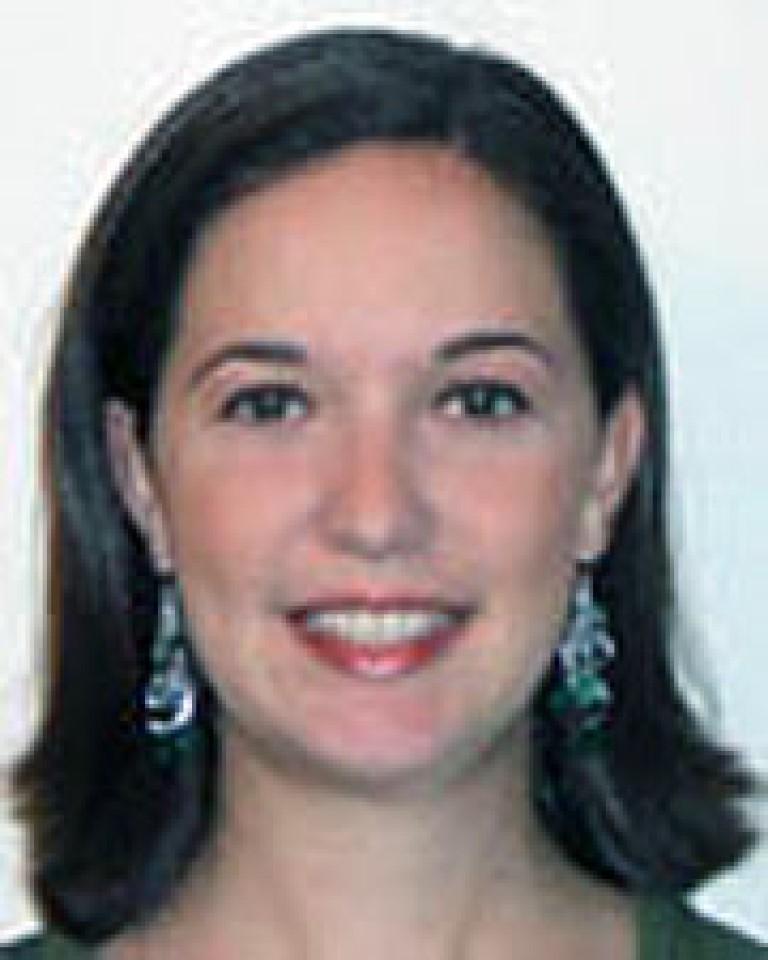Paula Fite

MENTOR SPOTLIGHT | NOVEMBER 2015
Department: Clinical Child Psychology Program
Describe your work in a few sentences that we can all understand: I study factors that contribute to the development and exacerbation of child and adolescent problem behavior, with a particular focus on aggression and substance use. My research lab examines the role of individual characteristics, family, peers, and neighborhoods in these developmental pathways.
Q: How did you first get interested in doing research/creative work?
A: As an undergraduate I had the privilege of working in Dr. Bates' Social Development Lab, and I truly loved being a part of the research process. I found that I had more questions than answers, and I really wanted to find out more about how to prevent problems in youth.
Q: What do students in your discipline learn by doing research that they wouldn’t learn by just taking classes?
A: You learn how to interact with children and families in a way that is caring, but also with purpose. You learn the importance of following protocols down to the minor detail. You also learn that it is a team effort to conduct research, and that there are many pieces to the research puzzle.
Q: What do you find to be the most exciting part of doing research/creative work? What makes this line of work meaningful and interesting to you?
A: I love the learning process, and this is such a team effort. It is so much fun working with both graduate and undergraduate students and figuring out the best way to approach our research questions. I appreciate that one study builds onto the next and making systematic decisions for how to move our knowledge forward through research.
Q: What advice do you have for undergraduates interested in doing research in your field?
A: Find a research match for you and give it your all. Don’t see the experiences as a way to get credit or a job – view it as a privilege. Graduate work is required for careers in research, and the more experiences you can get as an undergraduate, the better prepared for graduate school you will be.
Q: For many students, doing research is the first time they have done work that routinely involves failure and the need to troubleshoot problems. Can you tell us about a time that your research didn’t go as expected? Have you developed any tricks or habits that help you to stay resilient in the face of obstacles?
A: Research takes time, and it never goes perfectly. Set little deadlines for yourself and take the time up front to think through potential barriers. Sometimes you may also just need to take a step back and take a little break to make the project the best it can be. That is OK.
Q: How do you spend your time outside of work?
A: Most of my time outside of work is spent with my family. I love being a mom and getting to do fun things with our son. Our most fun things to do are to travel, visit with friends and family, and go to sporting events. I also spend a lot of time exercising and reading.